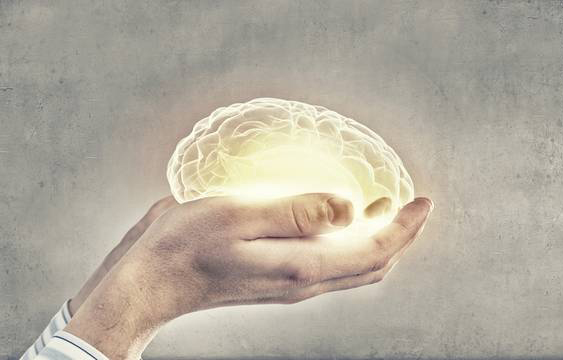Sep. 26, 2023
Brain fog is characterized by confusion, forgetfulness, and a lack of focus and mental clarity. This can be caused by overworking, lack of sleep, stress, and spending too much time on the computer. On a cellular level, brain fog is believed to be caused by high levels inflammation and changes to hormones that determine your mood, energy and focus. The imbalanced levels of hormones make the whole system to be thrown off. Also, brain fog syndrome can lead to other conditions such as obesity, abnormal menstruation, and diabetes mellitus.
Brain fog is typically rooted in a lifestyle that promotes hormonal imbalances and is exacerbated by stress.
Electromagnetic radiation – from computer, mobile phone, tablets
Stress – reduce blood flow to the brain causing poor memory
Lack of sleep, no exercise
Diet – amino acids, vitamins, minerals, and antioxidants
Toxins, pollution, chemical substances, and insecticides

Trouble sleeping, insomnia
Headaches
Low energy or fatigue
Impaired cognitive function
Mood swings
Irritables
Forgetfulness
Trouble concentrating
Low motivation, lack of ideas
Excessive absences
Mildly depress
Brain fog treatment depends on the cause. Lifestyle modifications can also help.
Spend less time on computer and mobile phone – remind yourself to take a break
Positive thinking, reduce stress.
Change your diet.
Get enough sleep – 7-8 hours a day, go to bed at 10pm or no later than midnight
Regular exercise.
Avoid alcohol, smoking, and drinking coffee in the afternoon.
Finding enjoyable activities.
Citicoline – Citicoline is a brain chemical that occurs naturally in the body. It is naturally occurring in the cells of human and animal tissue, in particular the organs. Citicoline also known as cytidine diphosphate-choline (CDP-Choline) or cytidine 5'-diphosphocholine, It is an intermediate in the generation of phosphatidylcholine from choline, a common biochemical process in cell membranes.
Citicoline was originally used as a drug in Japan to help improve memory and brain function after a stroke. Now in US, Citicoline is listed in the RX-list as an ingrediens for dietary supplement. In Europe, it was approved as a Novel Food ingredient on 2013. In these countries it is frequently prescribed for thinking problems related to circulation problems in the brain.
L-Theanine – promotes relaxation and facilitates sleep by increasing level of serotonin, dopamine, and GABA. L-theanine is known as an anxiolytic—it works to reduce anxiety.
Phosphatidylserine – is an important chemical with widespread functions in the body. It is part of the cell structure and is key in the maintenance of cellular function, especially in the brain. Taking phosphatidylserine can improve some of the symptoms of Alzheimer’s disease and dementia. Also, it helps improve thinking ability, attention, impulse control, and hyperactivity in children and teens with attention deficit hyperactivity disorder (ADHD).
Fish Oil – contains long chain omega 3 fatty acids, DHA. The source is salmon, tuna, mackerel, and sardines. It can improve brain function, motor skills, and vision.
Ginkgo Biloba Extract – widely studied for its effective anti-inflammatory, antioxidant, platelet-forming and circulation-boosting effects. Ginkgo biloba benefits include improved cognitive function, positive mood, increased energy, improved memory and reduced symptoms related to multiple chronic diseases. It can also reduce the risk of Alzheimer’s disease.
SAMe for Anxiety: Is It Effective?
Dec. 27, 2024
What is Citicoline Sodium Used For?
Dec. 13, 2024
How Long Does It Take L-theanine to Work?
Nov. 28, 2024
Quick Links
Tel: +1 213 554 2947
E-mail: info@witspower.com
WhatsApp: +86 186 2946 5189
Skype: howey8825
Add: 895 S Rockefeller Ave, Suite 101, Ontario, CA91761



